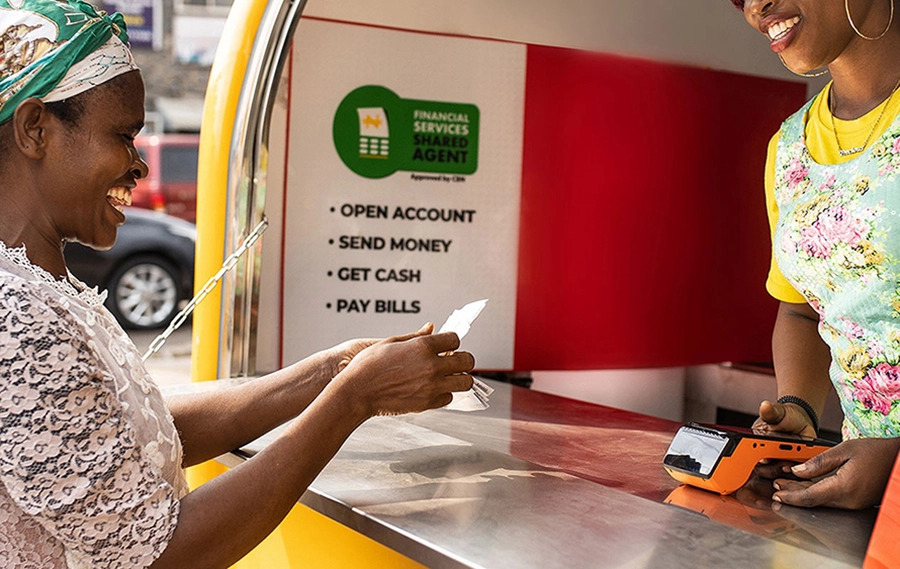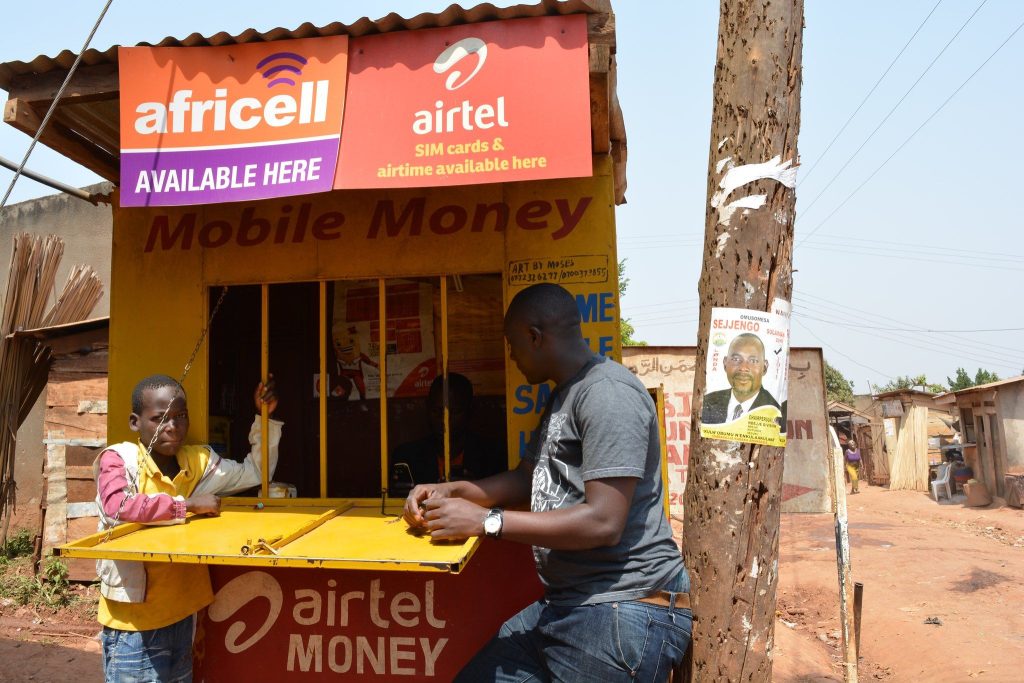Physical Address
60 Ekwema Cres, Layout 460281, Imo
Physical Address
60 Ekwema Cres, Layout 460281, Imo

Kenya plans to slash mobile money fees to make digital finance easier and cheaper for everyone. The Central Bank of Kenya (CBK) has announced a big plan to cut mobile money transaction fees by 57 percent. This means the average cost to send money will drop from about $0.18 (23 Kenyan shillings) to just $0.07 (10 shillings) by 2028. This is great news for millions of Kenyans, especially those in rural areas who still depend a lot on cash.
Right now, Kenya plans to slash mobile money fees because high charges have stopped many people from using mobile money more often. Even though most adults, about 83 percent, already have some kind of financial account, many still send money in cash. In villages and small towns, the cost to send money can be as high as 6.9 percent of the amount sent, which is quite expensive for most people. By lowering these costs, CBK hopes digital finance will become more popular and useful for all.
The plan, called the Kenya National Financial Inclusion Strategy (NFIS) 2025–2028, explains how digital money will get cheaper and easier to use. One big idea is to put limits or caps on the fees charged when people send money to each other using their phones. This move to slash mobile money fees should help more people afford to send money anytime.

Technology is also a big part of the plan. The CBK wants to create a national Fast Payment System. This will let people send money instantly at any time, day or night, between banks, mobile wallets, and microfinance companies. This fast system means money moves quickly without delays, helping people keep less cash on hand. The plan also promotes open API standards. This just means different mobile money services will be able to work together more easily and create new ideas for better financial services. They will also bring in new tools like artificial intelligence (AI) and blockchain to help make digital finance safer and smarter.
Another important part of Kenya’s plan is to link the country’s digital ID system with mobile money accounts. This will help stop fraud and make it easier for people to open accounts and start using mobile money quickly without much paperwork.
Kenya plans to slash mobile money fees with a plan that rests on six important points. First, they want more agents and better mobile coverage so people everywhere can access mobile money. Second, by lowering fees and making services work together smoothly, mobile money will become cheaper and easier to use. Third, the strategy focuses on protecting users and teaching them how to use digital money safely. Fourth, the government wants to encourage new ideas and protect digital systems from hackers. Fifth, they plan to support loans and insurance for people in rural areas, where these services are hard to reach. Lastly, the plan wants to help groups often left out, like women, young people, people with disabilities, small businesses, informal workers, and displaced persons, so everyone benefits.
If this works well, CBK believes more than 90 percent of adults in Kenya will have formal financial accounts by 2028, up from 83 percent now.
Kenya’s move to slash mobile money fees could change the way mobile money works in the country. Right now, Safaricom’s M-Pesa service controls 91 percent of the market and made about $1.24 billion (161 billion shillings) in 2025 from fees alone. If fees go down, M-Pesa will earn less money from transactions, so it might need to find new services to make money, like loans, savings, or merchant payments.
Read Next: TLcom Capital Confirms Its Partner, Ido Sum, will be Departing the Firm
Other companies could win too. Airtel Money, which is growing at about 9 percent, and smaller fintech companies might attract more users as the fees get lower and services work better together. This would help break Safaricom’s hold on the market and give users more options.
If Kenya’s new plan is put in place, sending money will be faster, cheaper, and easier for everyone. It will also help Kenya stay a leader in Africa when it comes to mobile money and digital finance. This change shows how Kenya plans to slash mobile money fees to help everyone enjoy the benefits of digital finance.
Was this information useful? Drop a nice comment below. You can also check out other useful contents by following us on X/Twitter @siliconafritech, Instagram @Siliconafricatech, or Facebook @SiliconAfrica.